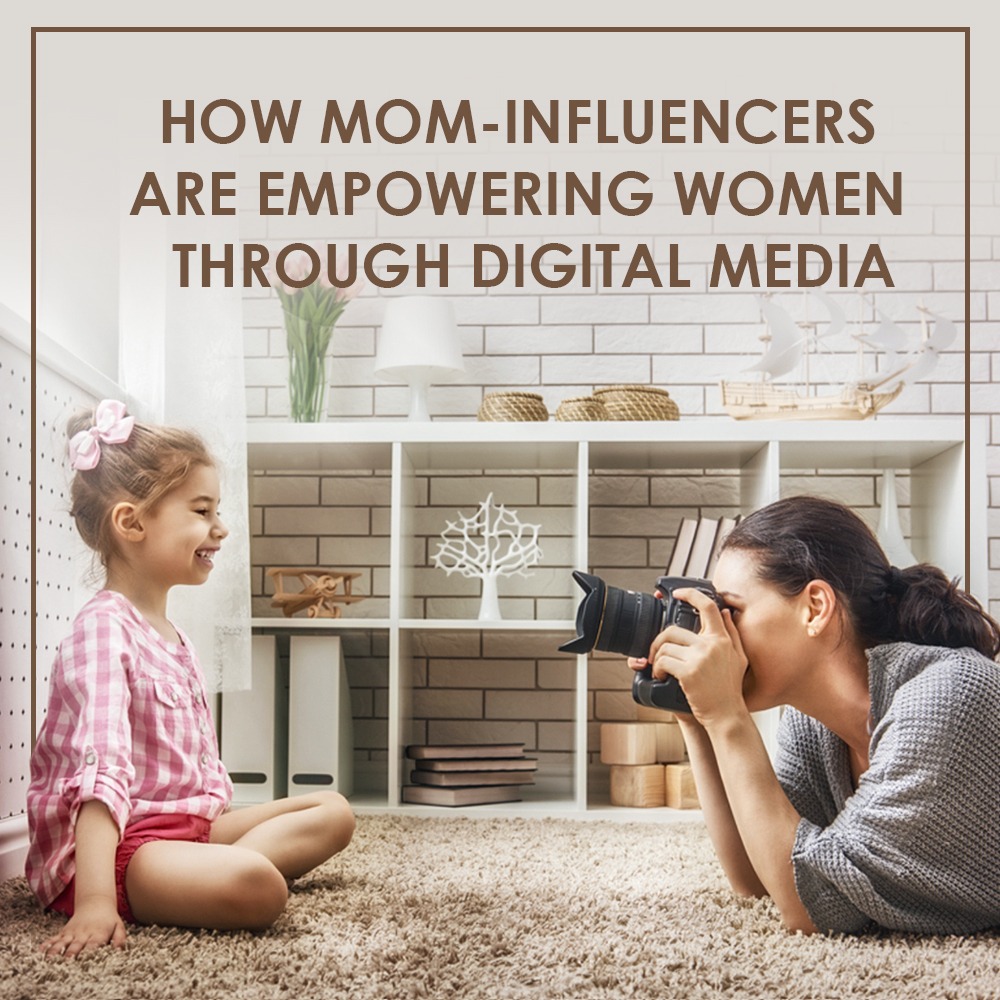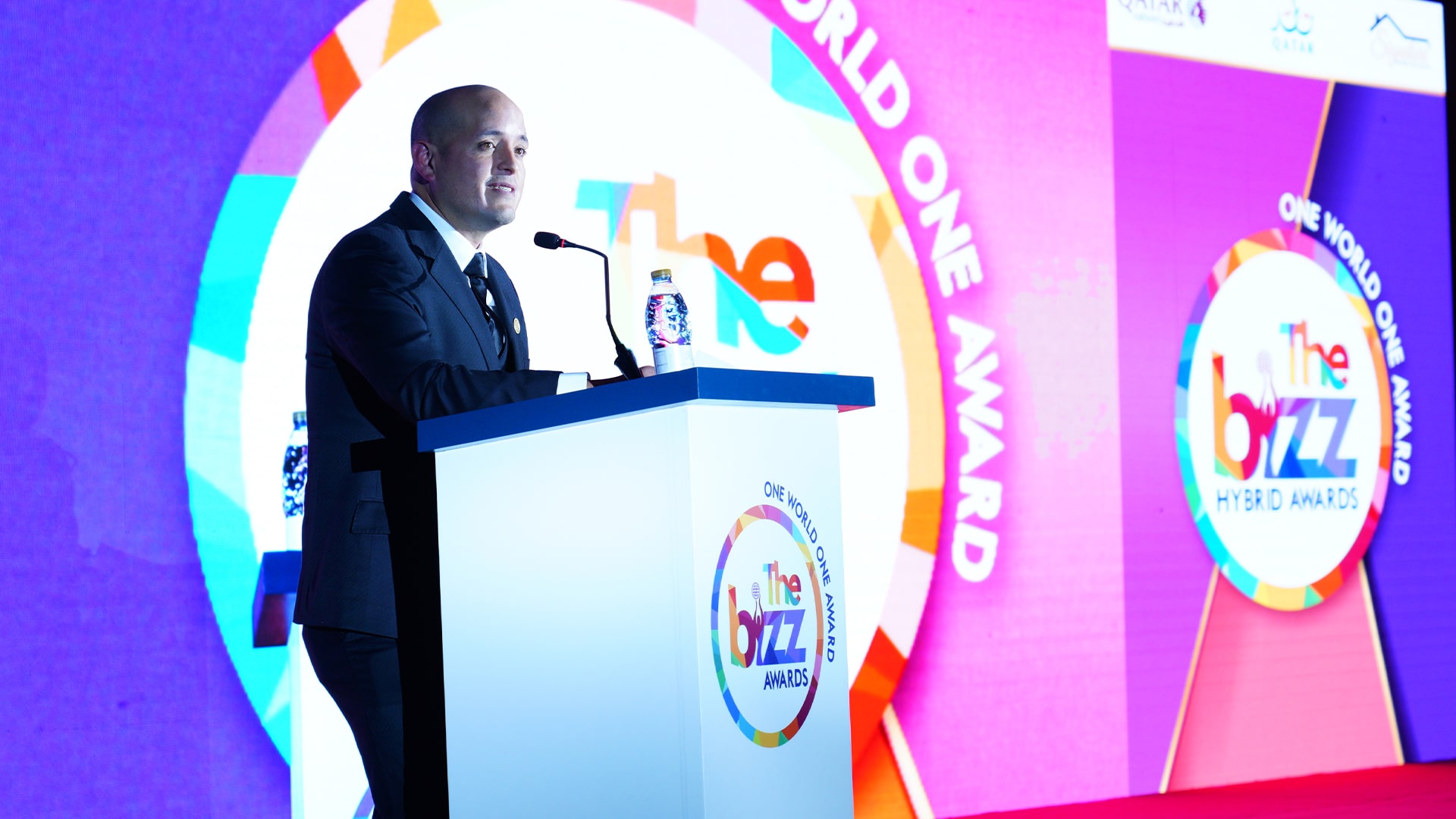It’s officially back to school season. Kids are excited, and parents have high expectations for the new year, especially for the little ones starting for the first time. But to all the parents reading this: please don’t compare your children’s progress with their peers’ — it’s not a good idea. If you don’t believe me (yet), this study will hammer it home for you.
The study, led by researchers from Ohio State University (OSU), followed the classroom experiences of preschoolers by giving them video cameras to wear on their heads. The researchers wanted to see how the school day looked from the children’s perspective and found that children could have vastly different experiences despite being in the same class. The researchers specifically focused on the kids’ language experiences. The study’s findings were recently published in PLOS ONE.
The study
Researchers followed 13 three and four-year-old children attending a full-day preschool run by an urban, non-profit childcare center.
With the consent of their parents, the kids wore a wireless camera on their heads for a day randomly assigned to them during the four days allotted for the experiment. They wore the cameras for an hour in the morning when they would be involved in all sorts of activities. Some of those activities included the whole class. But, others were chosen by the children who engaged in them in the different centers in the classroom.
For each of the days, four kids, along with the master teacher, wore the cameras.
After the experiment, the researchers studied the videos and noted several things, such as the number of times each child interacted with a teacher or a classmate and the length of the interactions.
Results
The researchers found that most of the interactions the kids’ videos captured – around 60 percent – were with the teacher. The durations of those interactions were also longer, as the kids’ interactions with the teachers turned out to be nearly triple the length of those with their classmates.
But the results were not the same across the board. Six of the 13 kids studied interacted with the other children as many times as they did with their teachers. Plus, four of the children had lengthier interactions with their peers compared to the group average.
Another thing the researchers picked up was that the majority of the time (81 percent) someone spoke directly to a child wearing a camera, it was a teacher.
Furthermore, almost all (92 percent) of the sophisticated language the children heard came from their teachers. But, according to the study’s lead author, OSU educational psychology doctoral student, Leydi Johana Chaparro-Moreno, there was still a lot of variability among the children in that aspect. For instance, one child might hear one type of word and one complex sentence in a minute, but another child would pick up five kinds of words and four complex sentences in the same time frame.
Researchers’ comments
Chaparro-Moreno said that the findings from the experiment indicate that teachers may tailor the way they talk to their students according to their individual educational needs. Another explanation for the results, she said, is that children’s different personalities and language abilities affect the way they interact with their teachers and classmates.
The co-author of the PLOS ONE paper, Laura Justice, said that the camera study is part of a wider five-year, USD 4.5 million project called Early Learning Ohio. Justice, who is also the project’s principal investigator of the project, said that the federal Institute of Education Sciences is funding it.
The data gathered from the experiment is set to be used in future studies to model the social structure of the classroom and to study the way children resolve conflicts with each other.
Writer’s take
So, there you have it, scientific evidence that every child’s learning journey is different. All the more reason to embrace and work with your children’s unique awesomeness.
Written by: Tesneem Ayoub
Source: https://www.sciencedaily.com/releases/2019/08/190828140041.html
More on Family






Leave A Comment
You must be logged in to post a comment.